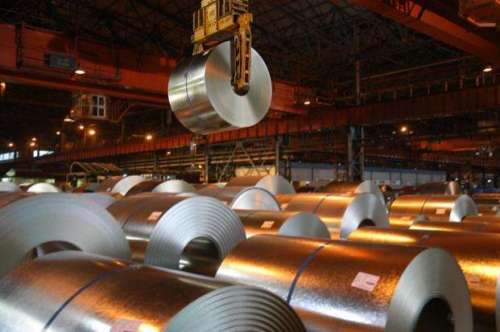 India aims to boost investment in industrial, economic and social sectors of Africa as the 54-nation continent tries to ramp up development to alleviate poverty, the UN General Assembly was told .
India aims to boost investment in industrial, economic and social sectors of Africa as the 54-nation continent tries to ramp up development to alleviate poverty, the UN General Assembly was told .
“Scaled-up investments in infrastructure, both economic and social, as well as in productive capacity for industrial development are needed,” Amit Narang, a Counsellor at India’s UN Mission, said. “This is an area of priority for India’s partnership with Africa as well.”
“Sustained and robust inclusive economic growth is indispensable for eradicating poverty and therefore also a central policy objective,” he said speaking at the UNGA session on New Partnership for Africa’s
Development (NEPAD). India attaches high importance to the programme’s goal of “broad-based and equitable economic growth that allows Africa to reduce poverty and better integrate into the global economy,” he added.
UN Secretary General Ban Ki-moon noted the growing cooperation between and India and Africa in his progress report on NEPAD, saying, “Indian investment in Africa has surged, with major investments in information and communications technology, energy, engineering, chemicals, pharmaceuticals and automobiles sectors.”
Narang said that India’s partnership is aligned with Africa’s own development priorities and trade has grown 31 percent annually between 2005 and 2011 and is now estimated to be over US$ 72 billion. Indian Investment in Africa is estimated to be over US$ 35 billion and in the last decade, India has provided more than US$6.7 billion in concessional lines of credit for African countries, which is more than two-thirds of the total such credit extended by the country, he said.
A report by the consulting company, KPMG, said, “India has become one of the leading investors in African countries, with investments in joint ventures and wholly owned subsidiaries touching the $33 billion mark.” The investments take in a wide range of sectors including oil and gas, pharmaceuticals, petrochemicals, IT, fertilisers and infrastructure,” the report, “India Investing in South Africa and Africa,” said.
About the contributions investments make, the report said, “India’s investments in agriculture and telecommunications may also have more of a direct economic impact on the lives of ordinary Africans, 70 percent of whom are engaged in some form of agriculture, and at least 30 percent of whom have access to a mobile phone.”
Indian telecommunications company, Bharti Airtel, is a major player in the area, having acquired the African operations of Zain Telecommunications for an estimated US$10.7 billion in 2010. The company says it has 70 million subscribers in 17 African countries.
Looking to the future, a report by the World Trade Organisation and Confederation of Indian Industry said India-Africa trade is projected to reach US$ 90 billion by 2015.
The report said, “Information, communication and technology (ICT) has been a significant feature of India and Africa’s trade and capacity building initiatives” with many Indian IT companies, including NIIT Wipro and HCL, having entered Africa’s IT sector.
It highlighted the work of India’s Pan-African e-Network Project which offers tele-education and telemedicine solutions to over 47 African countries. The report said that under the project, India plans to connectivity between heads of state in addition to supporting e-governance, e-commerce, infotainment, resource mapping, meteorological and other services.